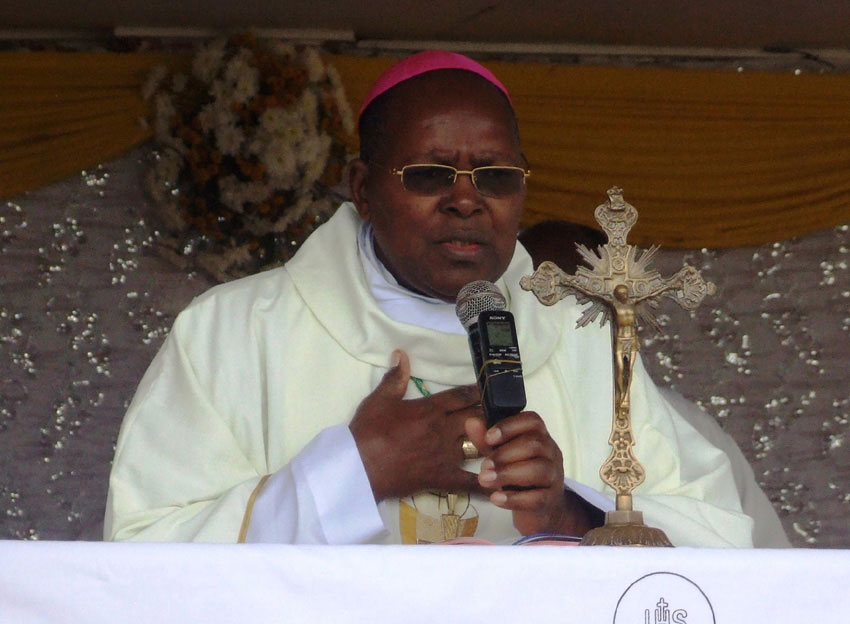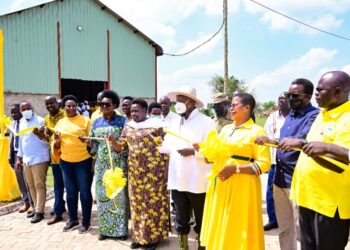By Stephen Kalema
About 1,489 Ugandans tried to register as refugees during the last census to ascertain the numbers of asylum seekers in the country. These, according to the Office of the Prime Minister were identified and rejected at early stage of verification, new details surrounding the inflated number of refugees in the country have revealed.
On March 1, the Office of the Prime Minister released figures of a head count conducted last year and placed the number of asylum seekers at as 1,444,856.
With the news of ghost refugees and a corruption scandal emerging, United States, Britain and other European nations threatened to withhold funding and humanitarian aid from
For example, in February, United Nations workers inspected a sector of Bidi Bidi camp that OPM officials had reported housed 26,000 refugees, only to find 7,000 people.
The Prime Minister, Dr Ruhakana Rukunda then ordered for a recount using biometric system.
The new verification exercise put the number at 1,092,213 individuals, or 76 per cent of the initial figures.
Also, since March, 62,139 new arrivals mainly from the DR Congo were registered, bringing the up to 1,154,352.
At the Uganda Media Centre in Kampala on Thursday, Minister for Relief, Disaster Preparedness and Refugees Hillary Onek labored to explain the discrepancy of 352,643 individuals.
According to Mr Onek, 255,490 individuals were verified as inactive because of reasons such as unknown whereabouts (158,533), returned to their home countries (34,174), Some had registered more than once (9,481), deceased (3, 931), Ugandan nationals (1, 489) while 55,812 were confirmed to be urban refugees.
However, the figures presented could only account for 17 per cent of the 24 per cent of the missing refugee population.
“We cannot explain the missing seven per cent. However, we are going to investigate how the figures (old and missing) came about,” Onek said.
“In case anyone falls victim to exaggerating figures for their own interests, they will be brought to book.”
At the same press conference, the United Nations High Commissioner for Refugees (UNHCR) country representative Joel Boutroue said although the current figures are still preliminary, they will continue allocating resources.
“With this new database we shall be able to know areas with special needs and they will be reached as early as possible. And also we will be able to perfect refugee management,” said Boutroue.
Do you have a story in your community or an opinion to share with us: Email us at editorial@watchdoguganda.com











